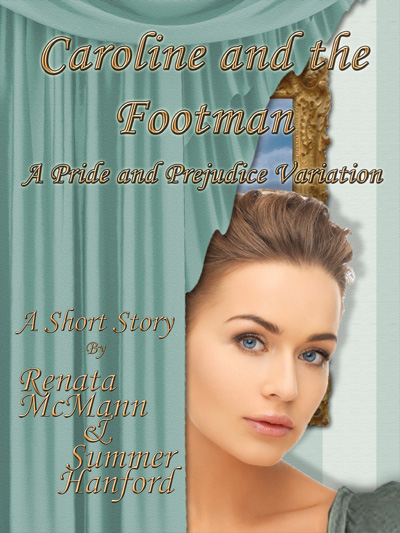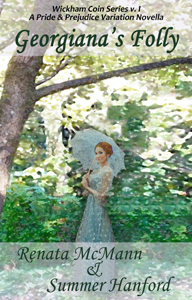It can be postulated that Colonel Fitzwilliam served multiple purposes in Pride & Prejudice aside from his one, main, purpose: letting Elizabeth know that Darcy separated Jane and Bingley. These other function include:
- Fitzwilliam confirms Darcy’s statement about his sister, Georgiana, nearly eloping with Wickham. Although the actual confirmation is a slight reaction to Elizabeth’s teasing, Darcy’s willingness for Elizabeth to question Fitzwilliam offers further confirmation.
- He shows the reader that Darcy has relatives he need not be ashamed of. I don’t know if Darcy was embarrassed by Lady Catherine, but the reader doesn’t think highly of Darcy’s aunt or his cousin Anne.
- He shows that Darcy has a good relationships with a sensible person other than Bingley. There is an ongoing theme of judging people by the company they keep and Darcy keeps good company by choice.
- He show us that Elizabeth is attractive to a man of sense. From what we’ve seen in the novel, Elizabeth attracted Wickham, Mr. Collins, and a non-redeemed Darcy. That is not a very good collection of suitors.
- He shows that even a good man needs to consider money when marrying.
- He helps the reader realize how much Darcy is attracted to Elizabeth and sets up a nice scene where Elizabeth and Darcy banter entertainingly.
Colonel Fitzwilliam is an example of Jane Austen’s brilliance. He appears as almost a throw-away character, but manages to be very important to the story.



